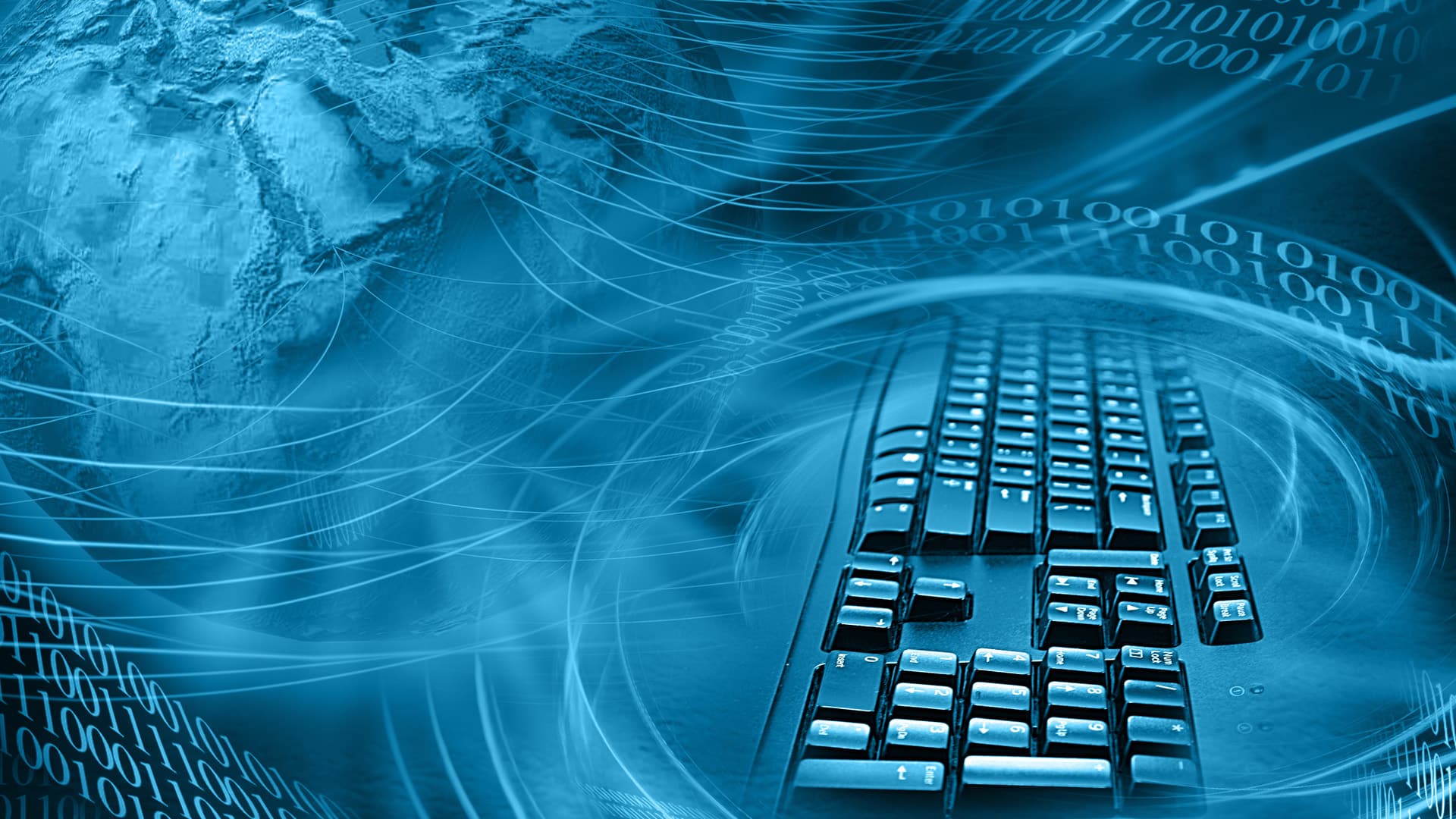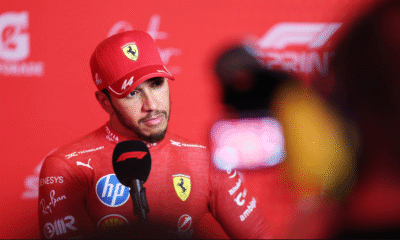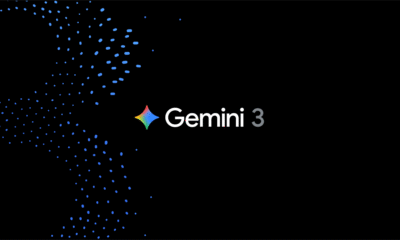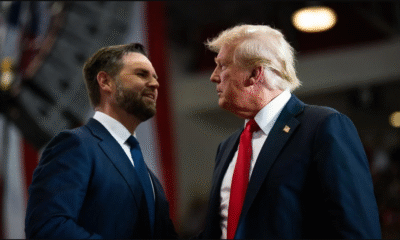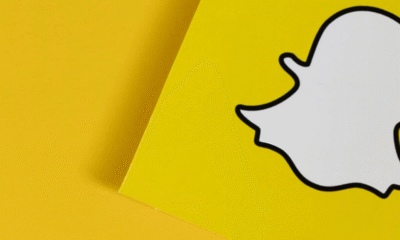Internet of Things
India to become largest connected nation with 1.2 billion internet users: Union Ministe
India is set to become the largest connected nation in the globe with 1.2 billion internet users, Union Minister of State for Electronics and information technology Rajeev Chandrasekhar said here on Friday.
With a large number of internet users, the country is playing a leadership role in the principles of safety, trust, and accountability on the internet to other countries, said the minister who was here to unveil the fully automated state-of-the-art electromagnetic interference and compatibility laboratories at the Society for Applied Microwave Electronics Engineering and Research (SAMEER). The Digital India Act has three specific policies which is — the internet must be open, the internet should be safe and trusted for every citizen, and the digital enterprise and internet ecosystem must be accountable to their users.
Also read: Bitget Launches Crypto Loans For Bitcoin (BTC), Ethereum (ETH), and more as a Lending Services
“In my opinion, more countries are grappling with this problem…but they are following the lead of India in the principles of safety, trust, and accountability, and more than anything else, India has a leadership role here,” he told reporters. Pointing to the large internet user base in India, he said, “Today 830 million internet users are there and it will become 1.2 billion. We are going to be the largest connected nation in the world.” To a query on cyber security, he said it was a challenge in a country that has both digitally literate and digitally not-so-literate people using the internet, which includes children and women in rural areas as well.
“The unique aspect of the internet is that, in the internet, the perpetrator of a crime, the victim of the crime, and the crime itself may happen in three different jurisdictions, but in the real world, the victim, the perpetrator, and the crime cannot be in three different places,” he added. Cyber security is an issue for many countries, the minister said, adding that cyber policing is challenging as internet-related crimes involve three different jurisdictions. “In India, law and order is with states, and for the country we have the Indian criminal law. While many states are very efficient in cyber policing, many states are not, and many villages do not (have cyber policing),” he said.
“Hopefully, there will be a global protocol on how to deal with these areas. We (India) have created a tremendous amount of capacity in the government by identifying where the threats coming from, who are the threat..” he said. To a query on the recent visit by Prime Minister Narendra Modi to the United States, he said the future of technology will not be conventional technology transfer like it was in the past, with the United States presenting the technology and India implementing it. “Now in all these four areas of quantum computing, semi-conductor, AI (Artificial Intelligence), high-performance computing, there is no technology transfer(to India from the United States). There is some capability to develop these in the United States and there is some capability to develop in India. Both these capabilities will be married to create these new platforms, new quantum chips, AI programs” he explained.
To another query, Chandrasekhar said the Centre has come out with a programme called ‘IndiaAI’ which was sanctioned by the Prime Minister two years ago. “This is a data set program where all the government’s anonymized data will be made available to Indian AI researchers and startups. These are data sets which would be offered on a curated basis and the government will be soon announcing the entire architecture of that” he said.


